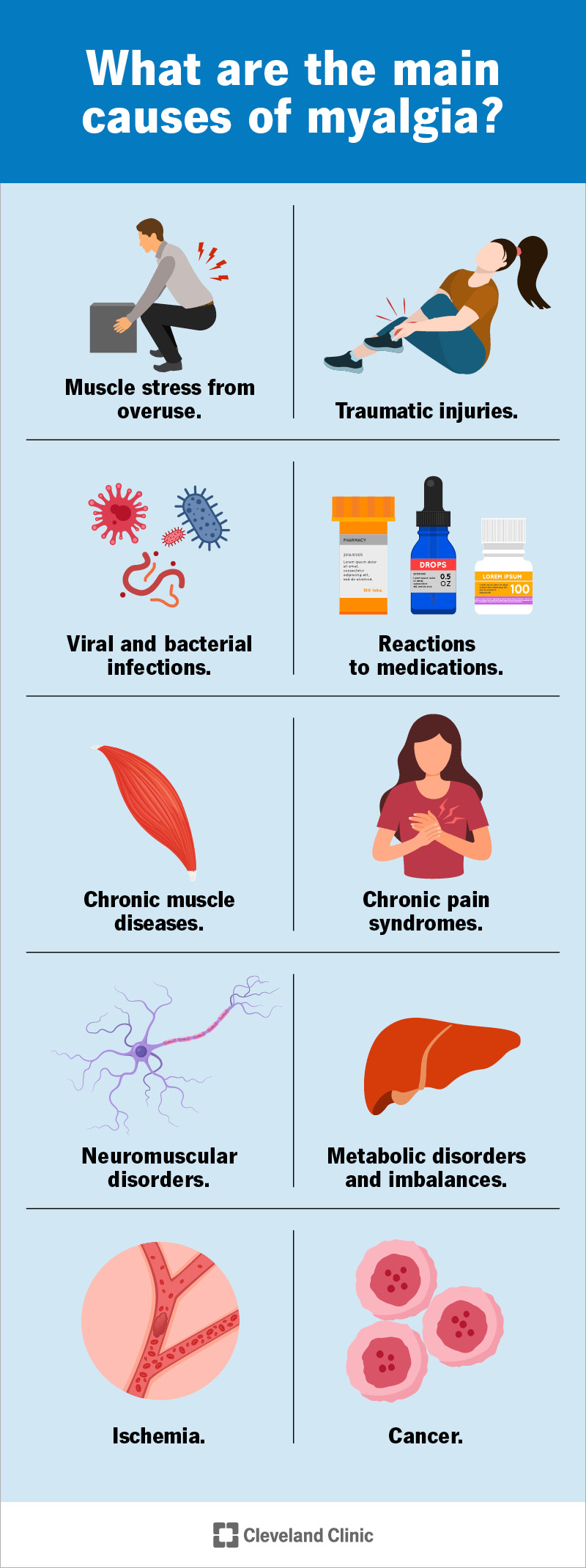We deliver to you every day from 7:00 to 23:00
The best discounts this week
Every week you can find the best discounts here.
How Do I Relieve Muscle Pain Naturally?
Muscle pain can be a frustrating and debilitating condition, whether it’s caused by a strenuous workout, stress, or an injury. While over-the-counter medications like NSAIDs or muscle relaxants are common solutions, many people are turning to natural remedies for pain relief. These alternatives can be effective without the risk of side effects associated with pharmaceuticals. In this article, we’ll explore several ways to relieve muscle pain naturally.
Understanding Muscle Pain
Before diving into the natural remedies, it’s important to understand what muscle pain is. Muscle pain or myalgia occurs when the muscles become strained or inflamed, leading to discomfort or soreness. Common causes include:
-
Overexertion: Too much physical activity or improper technique during exercise.
-
Injury: Sprains, strains, or falls can damage muscles.
-
Stress: Emotional stress can also lead to tension and muscle pain.
-
Dehydration or Poor Nutrition: Lack of adequate hydration or essential nutrients can result in muscle cramps.
Now that we understand muscle pain, let’s explore the natural ways to relieve it.
1. Gentle Stretching
Stretching is one of the easiest and most effective ways to relieve muscle pain. It helps increase blood flow to the muscles, which promotes healing and reduces stiffness.
-
Dynamic stretching before exercise can prevent muscle pain by warming up the muscles.
-
Static stretching after exercise can improve flexibility and reduce post-workout soreness.
Tips for Effective Stretching:
-
Hold each stretch for 15-30 seconds.
-
Don’t push your muscles to the point of pain; only stretch to a comfortable tension.
-
Include stretches that target both the affected muscles and surrounding areas.
Stretching regularly can help reduce muscle tension and prevent future discomfort.
2. Heat Therapy
Heat therapy is a popular remedy for soothing muscle pain. It works by increasing blood flow to the affected area, which helps relax tight muscles and alleviate pain. You can use heat in several forms:
-
Heating pads or hot water bottles
-
Warm baths or showers
-
Sauna sessions

Applying heat for 15-20 minutes at a time can work wonders for relaxing muscles and improving flexibility. If you have inflammation along with muscle pain, be cautious about using heat, as it may exacerbate swelling. In these cases, cold therapy may be a better option.
3. Cold Therapy
When muscle pain is accompanied by swelling or inflammation, cold therapy can be more effective. Cold compresses help numb the area, reduce inflammation, and alleviate pain.
You can use:
-
Ice packs or cold gel packs
-
Frozen peas wrapped in a towel
Apply the cold compress for 10-15 minutes several times a day during the first 48 hours after an injury. This can significantly reduce swelling and promote faster recovery.
4. Massage
Massage therapy is another natural treatment that can help relieve muscle pain. It works by loosening tight muscles, improving blood circulation, and decreasing stress. A gentle self-massage or a professional therapeutic massage can provide relief.
Some massage techniques include:
-
Swedish massage: Focuses on relaxation and improving blood flow.
-
Deep tissue massage: Targets deeper muscle layers to relieve chronic pain.
Incorporating massage into your routine can be an excellent way to manage muscle tension and prevent future pain.
How to Massage at Home:
-
Use gentle circular motions with your fingers or palms.
-
Apply essential oils like lavender or peppermint to enhance relaxation.
-
Focus on the areas where you feel the most tension.
5. Turmeric and Ginger
Both turmeric and ginger have long been praised for their anti-inflammatory properties. These spices can help reduce muscle inflammation and promote healing.
How to Use:
-
Turmeric: Add a teaspoon of turmeric powder to warm milk or water. You can also take curcumin supplements for a more concentrated effect.
-
Ginger: Drink ginger tea or add fresh ginger to smoothies to help with inflammation.
The curcumin in turmeric and the gingerol in ginger can help reduce pain and inflammation in muscles, making them powerful natural pain relievers.
6. Magnesium Supplementation
Magnesium is a vital mineral that plays a key role in muscle function. A deficiency in magnesium can lead to muscle cramps, spasms, and soreness. Ensuring that you’re getting enough magnesium in your diet can help prevent muscle pain.
Foods Rich in Magnesium:
-
Leafy greens like spinach and kale
-
Nuts and seeds (especially almonds and sunflower seeds)
-
Whole grains like brown rice and oats
You can also consider taking a magnesium supplement if your diet lacks these foods. Some people find that applying magnesium oil topically to sore muscles can help relieve pain as well.
7. Hydration
Dehydration is a common cause of muscle cramps and soreness. When your body is dehydrated, your muscles are more prone to tightness and pain. Staying hydrated helps your muscles function properly and recover faster.
-
Drink plenty of water throughout the day.
-
Include electrolyte-rich drinks like coconut water or sports drinks to replenish lost minerals.
Proper hydration is essential for maintaining muscle function and preventing cramps or soreness.

8. Essential Oils
Essential oils are often used in aromatherapy, but they can also be effective for soothing muscle pain when applied topically. Some oils have powerful anti-inflammatory and pain-relieving properties, such as:
-
Lavender oil: Known for its calming effects and muscle relaxation properties.
-
Peppermint oil: Provides a cooling sensation that can help relieve muscle pain.
-
Eucalyptus oil: Helps reduce inflammation and promotes relaxation.
You can dilute essential oils with a carrier oil like coconut oil and massage them into sore muscles for relief.
9. Ayurvedic Remedies
Ayurveda, the ancient Indian system of medicine, offers several natural remedies for muscle pain. These include the use of herbal oils and therapeutic massages that help balance the body’s energy and relieve tension.
Some popular Ayurvedic treatments for muscle pain include:
-
Ashwagandha: An herb known for its anti-inflammatory properties.
-
Brahmi oil: Used for relaxing muscles and reducing tension.
Incorporating these Ayurvedic remedies into your routine can be a holistic approach to managing muscle pain naturally.
FAQs About Natural Muscle Pain Relief
1. How long does it take for natural remedies to relieve muscle pain?
It depends on the severity of the pain and the remedy used. Most natural treatments like stretching, heat therapy, or massage can provide immediate relief, while others, such as turmeric and magnesium, may take a few days to show significant effects.
2. Can I use multiple natural remedies at the same time?
Yes, combining multiple natural remedies like heat therapy, stretching, and magnesium supplementation can be an effective way to manage muscle pain. However, be cautious not to overdo it—balance is key.
3. Are there any side effects to using natural remedies for muscle pain?
Natural remedies are generally safe, but it’s important to avoid allergic reactions, especially with essential oils. Always patch-test oils before using them on a larger area of your body.
Conclusion: Find the Right Natural Remedy for You
Muscle pain can be a nuisance, but there are many natural remedies that can help relieve it effectively. From gentle stretching and massage to herbs like turmeric and ginger, there are numerous ways to ease discomfort without relying on harsh medications. By incorporating some of these natural solutions into your routine, you can manage and prevent muscle pain while promoting overall muscle health.
For more insights on managing pain and wellness, visit DUYTHIN.DIGITAL.












